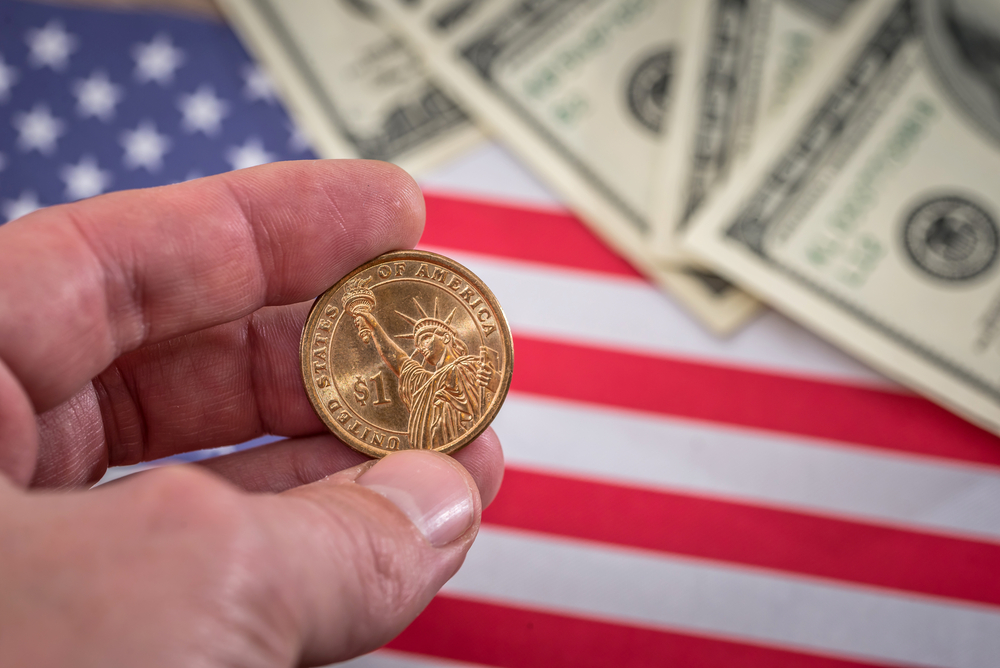How was life before Social Security?
This was a long, long time ago, but one thing I can clearly remember is my grandma. Yeah, I know, since I am 69 years old (when did time pass by so fast?!), this was quite a while ago, but I can recall my grandma was living with us and my parents in the upstairs of our house.
It might seem strange, but she didn’t have much of a pension back then, and Social Security wasn’t the safety net it is today. We were all happy that Grandma was with us, but now, since I am approaching the age she had back then, I started to think about how things worked. For example, how was life before Social Security?
When I try to imagine it all, all I can envision is disaster, but here we are right now, and we are fine. Or at least we seem alright. It is clear that our parents and grandparents had their means to achieve financial stability. But what was the whole mechanism behind it?
So, let’s do a deep dive together and see how people were managing to have a good life before Social Security. As someone who’s lived through her fair share of ups and downs, I think it’s good to remember just how strong and clever people can be when it counts.

State pensions
Being a teacher runs in the family; what can I say? I remember my Uncle Ray, a retired schoolteacher from Ohio, used to tell us that he was one of the “lucky few.” But what is the meaning of this?
I used to teach English, and now, thank God, I have my Social Security for day-to-day expenses and my savings for emergencies, but Uncle Ray only had a small state pension that kicked in when he turned 65. To be honest, this seemed to be just enough to keep him comfortable in his modest home.
Apparently, back then, having a pension from the state was like striking gold. Most folks had to rely on family, like my grandma, or keep working long past their prime. But sometimes people can no longer work, right? Or maybe you just want to enjoy your life. Yes, things can be unfair sometimes.
Apparently, before Social Security came along, public sector workers such as teachers, postal workers, and the like sometimes had access to state pensions. But this was not guaranteed. By 1935, only about 3% of elderly Americans were receiving these benefits, despite 30 states having pension programs in place. Funny enough, Uncle Ray used to say the paperwork alone could age a person five years.
Cash
Getting back to my grandma, another thing I can remember about her is that she used to keep little tin boxes tucked in the bottom drawer of her dresser under her Sunday gloves. That was her “bank.” She didn’t trust banks, and this was her alternative to them. My parents were always insisting on helping her open an account, but she protested every single time.
She grew up during the Great Depression, and like so many of her generation, she never quite trusted institutions with her hard-earned money. Understandable. Before Social Security, that kind of thinking was common.
This idea might seem odd today, but this was such a common practice that now there are people who use metal detectors in their backyard and discover tin boxes full of cash. But after seeing so many banks collapsing in the 1930s, regaining trust was hard.
If you want to keep your money in a tin box because you feel more grounded this way, you can try this one. My husband has it, and until now, he hasn’t complained once!
Church congregations
As I was researching how folks managed before Social Security, one theme kept coming up over and over again: the church. This has always been a place where people could go if they needed help, but it seems things were much more serious than I first thought.
It used to be a lifeline. During the Great Depression, when jobs vanished and savings were gone, many Americans turned to their local congregations for basic needs. People were able to get food, clothing, and even shelter from the church.
What struck me most was how deeply the church was part of the everyday life of people. While I was researching, I came across stories about women’s groups organizing soup kitchens in basements or pastors who were collecting donations from those who still had a little to give.
Even more congregations used to help elderly people who had no way to make ends meet. If you didn’t have a family to take care of you, there was the church.
Things like these still happen today, but since most people have access to some kind of financial aid, the church is no longer the lifeline it used to be. The experience reminded me how powerful the community can be when institutions fall short.
Company pensions
I was recently digging through some old records and articles about retirement before Social Security, and one thing that stood out was the early use of company pensions. In the 20th century, this type of pension was indeed rare, but it was a good promise of stability in old age. So, those who were fortunate enough had a real chance for a better life.
The Alfred Dolge Company in New York was the first to introduce a company pension plan back in 1882. Now, don’t imagine this plan was created out of charity. The company had an interest there. They wanted to make experienced employers loyal. But even so, their actions set a precedent.
Still, by the time the Great Depression hit, only about 15% of American workers had access to a pension plan through their employer. This is a pretty low percentage compared to what we have today. The number surprised me and reminded me of Uncle Ray telling us about how lucky he was to have a pension when so many of his friends didn’t. Life did not seem to be that easy before Social Security.

They were sharecroppers
My journey here was not done. I still wanted to find some more information, and as I delved into the history of how Americans coped before Social Security, I discovered an interesting practice that used to be quite popular, especially in the Southern United States.
I am talking about sharecropping. This was a system where families who were in need agreed to farm and take care of land owned by others in exchange for a share of the crops. Back in the late 19th and early 20th centuries, this used to be how many impoverished individuals managed to survive.
However, for the elderly, sharecropping caused major difficulties as it was too physically demanding. Adding the struggles caused by the Great Depression and how expensive crops became, I can now comprehend how many elderly individuals were without shelter or means of support.
What can I say? I am glad we are now able to support ourselves once we retire. Maybe things are not the brightest, but we need to be honest and appreciate the significant changes that shaped our history and helped us be where we are right now.
Are things better now than they used to be? Was life better before Social Security? What would you like to be different?
Do you feel like you no longer belong in the place you are today? This also happened to me, and I decided to relocate! If you are not sure where to begin, then you might want to read more about some of the most amazing neighborhoods in the US: Where to Retire Now? These U.S. Neighborhoods Are Calling Your Name
